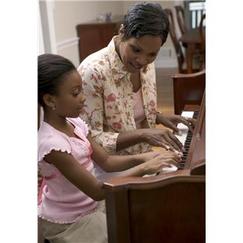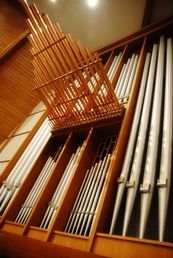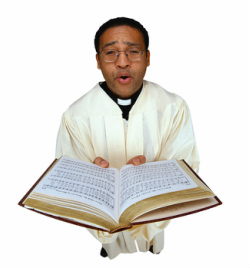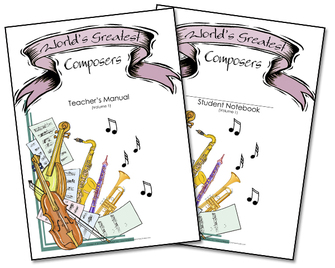 As we sing, a predictable musical process is taking place. Just like any other instrument, our voices create music by utilizing three basic parts: an initiator, a vibrator, and a resonator. One thing that makes the voice a unique instrument is a fourth part, the articulators. The information I'm sharing today I initially learned from my voice teachers and from a book entitled, The Diagnosis and Correction of Vocal Faults, by James McKinney. I would highly recommend this book for additional information on the topic of vocal usage and voice teaching.
0 Comments
 Christmas is a special time of year for a lot of reasons. One of the things that my wife and I have enjoyed this season is seeing our voice and piano students perform in their Christmas recitals. We are so proud of their accomplishments! But I see more than just simple Christmas carols being played and sung by students of various levels of ability. What is being developed in these children is something far greater...  I recently heard about a man working on funeral service preparations for when his time came. When asked about what sort of music would be wanted the man said, “NOT the organ! It reminds me too much of a funeral!” Stories like this can be all too familiar in churches today, where the organ has received a bad reputation. I submit that this “bad rap” can be related to several things that we as organists can lack if we are not careful: a lack of excellence, a lack of variety, and a lack of passion. So, one may ask, “How can I do better?” Here are several things to consider when playing the organ in worship so that the instrument can be utilized effectively: As we approach a busy season for holidays, I'd like to share a few fun song selections for various holidays. I have tried to pick the best version of each song that I could find on YouTube and a few from other sites. Many of these songs are familiar, but I hope you will get some enjoyment from these and maybe find something great for your repertoire...
Today's post is by long-time church music leader Chuck Bridwell. Chuck continues to utilize his gifts in music to encourage and strengthen church music programs. His advice is well worth heeding, particularly for those in church music ministry.What is it about music that brings people together? There are musicologists and music philosophers that could give very detailed scientific answers about this topic, but that is not my point today. I'd like to relate some of my personal experience with how music has connected me to people. As you will see, some of these people are quite different from me in their background, worldview, culture, and lifestyle, but we still found a common denominator in music.
Here are ten tips for church singers in regards to communication. What is the best way to communicate the message of your music to a congregation? Here are some fabulous ideas from my teacher and mentor, Ray Gibbs.
 God has given man many incredible gifts, including the gift of music. Music, especially singing, is one way that man can communicate to God and praise God. This truth is referenced many times in the Psalms and other Bible verses. But why should Christians be concerned with studying the voice and singing? Isn't it really the heart that matters anyway? One point to consider is the worth of the One to whom we sing. God is infinitely powerful, but incredibly merciful; he is all-knowing and perfectly holy. If we are truly singing for this amazing Lord, doesn't He deserve our best? When we view God correctly and view our music as a sacrifice of praise to God, we can begin to realize the importance of having the best music possible. When Abel brought an acceptable sacrifice, God was well pleased; but when Cain brought something that was second best, God rejected it. Today I have just a quick followup to my post yesterday about homeschool music learning ideas. I really do believe that music appreciation begins at home. Exposing children to great music can influence the way they think and the way they see the world around them. So today my wonderful wife sent me a link to an award-winning homeschooling blog where a mom has found many great resources and brought them together. One of the resources that she has assembled is a study of the life and music of eight of the greatest composers in history. The course material is outlined as follows:
I grew up in a family where my siblings and I were taught at home. Homeschooling has been growing as an alternative method for teaching children over the past few years (see the statistics by the National Center for Education Statistics). This post is not to dispute the positives and negatives of homeschooling. What I would like to do in this article is to give a little background on how I received a musical education while being taught at home. For any home educators that read my posts, this may give you some ideas on how to go about teaching music to your children at home. There will be more articles that give more details about curriculum and methods some other time. This post will simply chronicle some of what I've experienced and talk about the pros and cons of each.
|
Search the BlogSubscribe via emailFind By Category
All
Archives
January 2016
|
Harmony Passion - Bringing together ideas and resources for church and community musicians


